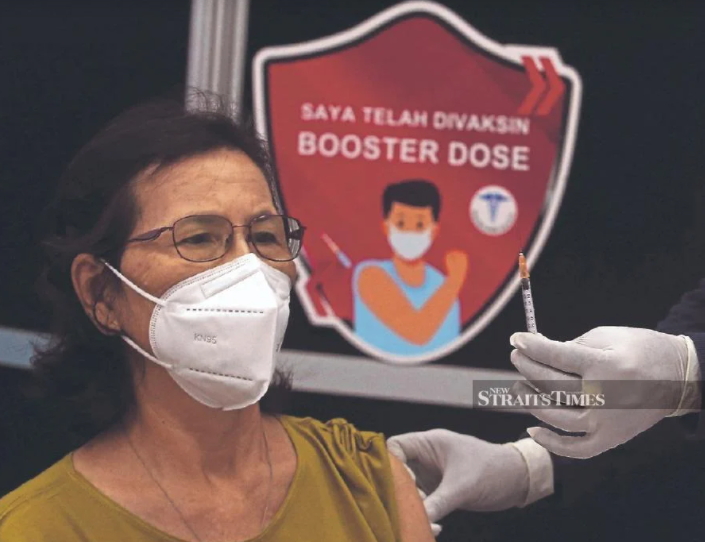
LETTERS – The Health Ministry recently announced that the first case of the Omicron coronavirus variant has been detected in an international student who visited South Africa.
The infected student, who is asymptomatic and has been vaccinated, tested positive for Covid-19 on arrival in Malaysia. All gatherings heaved a sigh of relief upon learning that all close contacts had tested negative for the virus.
This new Omicron variant was revealed on Nov 26 this year by the World Health Organisation when the South African health authority made the agency aware of it.
South Africa is almost double the size of Malaysia in terms of population. However, the two countries have recorded comparative quantities of Covid-19 cases at 3.02 million and 2.65 million cases, respectively.
As far as death rate, it is 2.5 times higher in South Africa compared with in Malaysia.
This could be partly attributed to the disparity in vaccination rates in light of the fact that around three-folds of Malaysians have been completely vaccinated.
It ought to be noticed that South Africa, where Omicron was first recognized, has the world’s most human immunodeficiency virus (HIV) rate at up to 19 percent among younger adults. The HIV weakens the immune system, inadvertently increasing a person’s vulnerability to Covid-19 infection.
In general, those who recover from Covid-19 have immunity against the infection for about 90 days or more.
Immunizer levels against the SARS-CoV-2 virus wane over time following Covid-19 infection or vaccination, which leaves the population vulnerable to reinfections. Protection can generally be gained through a booster dose.
The danger of Omicron comes in the form of its susceptibility because previous infection used to protect against Delta but with Omicron.
Despite the fact that there has been no fatality reported due to Omicron, the post-Covid-19 syndrome or long Covid-19 effect of Omicron is still too soon to predict because the Delta variation has been strongly linked to symptoms that last months after infection.
Health experts at the National Institute for Communicable Diseases of South Africa have cautioned that population-level evidence suggests that the Omicron variation is associated with substantial ability to evade immunity from prior infection.
The latest tally in South Africa saw an increase in number of Omicron cases, especially among those have had previous infection. In a nutshell, it shows that previous infection does not provide protection against infection because of Omicron.
WHO has suggested more frequent testing. For example, now all travellers arriving in Singapore via the vaccinated travel lanes will undergo a daily testing regime for seven days using self-administered rapid testing.
This is on top of the on-arrival polymerase chain reaction testing for air travellers, as well as supervised rapid testing at test centres on the third and seventh day of arrival.
Most importantly, with the emergence of the Omicron variant, it’s essential that individuals get their booster vaccine. The latest article published in the Science journal indicated that the current crop of vaccines would offer good protection against the Omicron variant even though there were concerns about multiple mutations of spike proteins.
Specialists accept that Omicron increases the ability to partially bypass prior host immunity conferred by prior infection and that the risk of reinfection by the Omicron variant is multiple times higher than the Alpha and Delta variations.
In addition, the clinical side effects related with Omicron are like different variants and could be asymptomatic too. Vaccines remain critical to reducing severe disease and death, including against the dominant circulating variant.
Covid-19 vaccines have evidently prevented severe disease symptoms, admission to hospital and death.
Source: Associate Professor Dr Ching Siang Tan & Associate Professor Dr Long Ming (NST.COM.MY)








